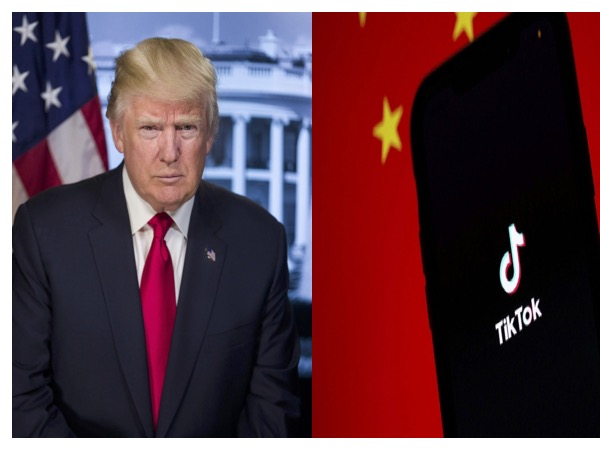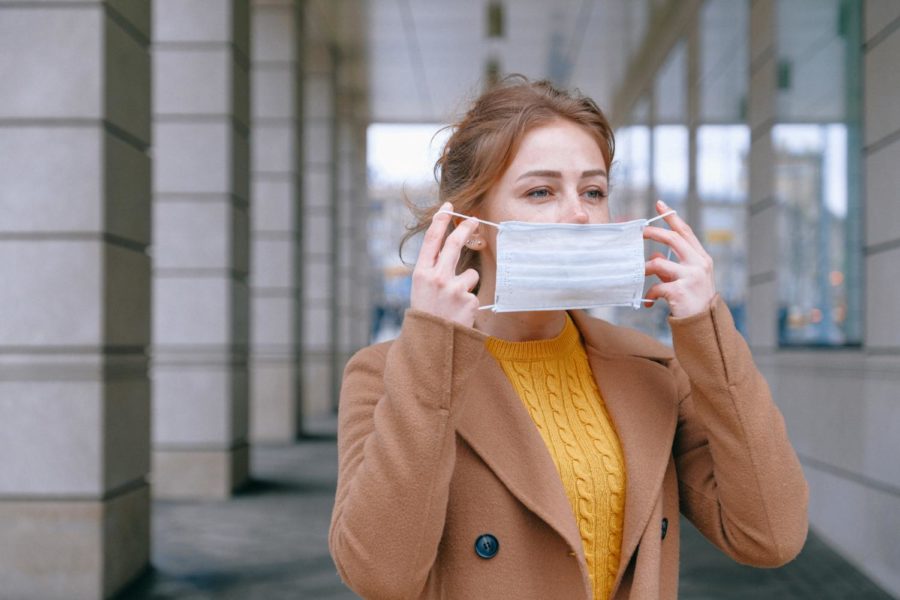Confronting the Pandemic: COVID-19 is the Most Serious Crisis Facing Humanity Since Two World Wars
March 8, 2021
The COVID-19 pandemic is seriously impacting individuals, families, communities, national authorities and global intergovernmental organizations. To understand the efforts to combat this pandemic, it is essential to review and evaluate the efforts being taken at different levels of government as well as institutions and corporations.
Health authorities’ emphasis on getting accurate information to the public rather than rumors – for example, encouraging mask-wearing, social distancing and following other health precautions – has contributed to lessening the damages of the virus. Furthermore, the decisions of local health officials to prioritize the vaccination of health workers and to determine vaccination order based on the age of individuals have been supported by communities.
However, I still believe that the vaccination drive is rather slow, and it is the combined responsibility of national health authorities who should have reacted more expeditiously to make the vaccine available to all Americans since the beginning of the crisis.
For starters, it seemed that when the crisis began, political leaders on the national level did not honestly present the facts about the situation; as a result, the public perceived the messages as attempts to contradict and discredit government medical experts and specialists on COVID-19. This created confusion that hampered early efforts to meet the challenge.
Fast forward to winter, and there should have been greater efforts to employ more staff who could provide vaccinations at a faster speed than what has been done so far. It is highly appreciated that Diablo Valley College has provided its facilities in the Contra Costa County vaccination drive. But still, county and state efforts to get citizens vaccinated against the virus aren’t moving fast enough.
The question of vaccination has once again brought into the open the belief shared by many people that vaccination is not needed or may be harmful to the health of individuals. There should be expanded efforts on the part of intergovernmental and non-governmental organizations, different levels of government, academic institutions, and the media to affirm that the vaccine is safe and is essential to prevent the spread of COVID-19.
At the same time, diplomats from developed countries, who are stationed in poor countries, have reportedly criticized their colleagues back home for managing to get the vaccine before them. In other cases, people are condemning high government officials who have been able to get the vaccine before ordinary citizens.
COVID-19 remains an international crisis, which is why it must be dealt with globally. To that end, all resources and information should be made available to all countries. Developed countries have been able to a certain extent to provide vaccines and medical facilities to their citizens to cope with the pandemic. Developing countries, meanwhile, continue to exert efforts to contain the virus. Now, real cooperation is needed to provide the vaccine and other vital medical equipment to developing countries, otherwise, the virus will keep spreading globally.
Another question of concern is China. It is a fact that COVID-19 was first reported there, yet there was no transparency about how the virus was discovered and what caused it. China does not want to be associated with the negative image of its role fueling the COVID-19 pandemic; however, the country has an obligation to the international community to reveal all available information.
A team from the World Health Organization visited China to investigate, but the team did not get enough information. Chinese authorities continue to engage in propaganda about their success eradicating the coronavirus from Wuhan, the city where the virus was discovered. China remains an important member of the United Nations and a permanent member of the Security Council; it therefore bears a special and important responsibility to reveal all the information it has about COVID-19.
It is important that the UN Security Council has discussed the COVID-19 crisis, including considering suggestions to provide vaccines to developing countries. The virus is a major challenge to global and regional intergovernmental organizations, governments, local authorities and academic institutions as they seek to work together to overcome this crisis.
On a local level, DVC has shown leadership by offering online classes, training students and faculty members in virtual learning technology, cooperating with health authorities in the county including offering its facilities for vaccination use, and providing updated information to students and faculty about COVID-19. By doing this, the school is serving its students, its faculty and staff, as well as the community at large. Like so many others,I am looking forward to seeing all efforts continue that will control the pandemic, allow businesses to return to normal operation, and enable DVC to once again have face to face classes.
Dr. Amer Araim is an adjunct professor of political science at Diablo Valley College.









































































